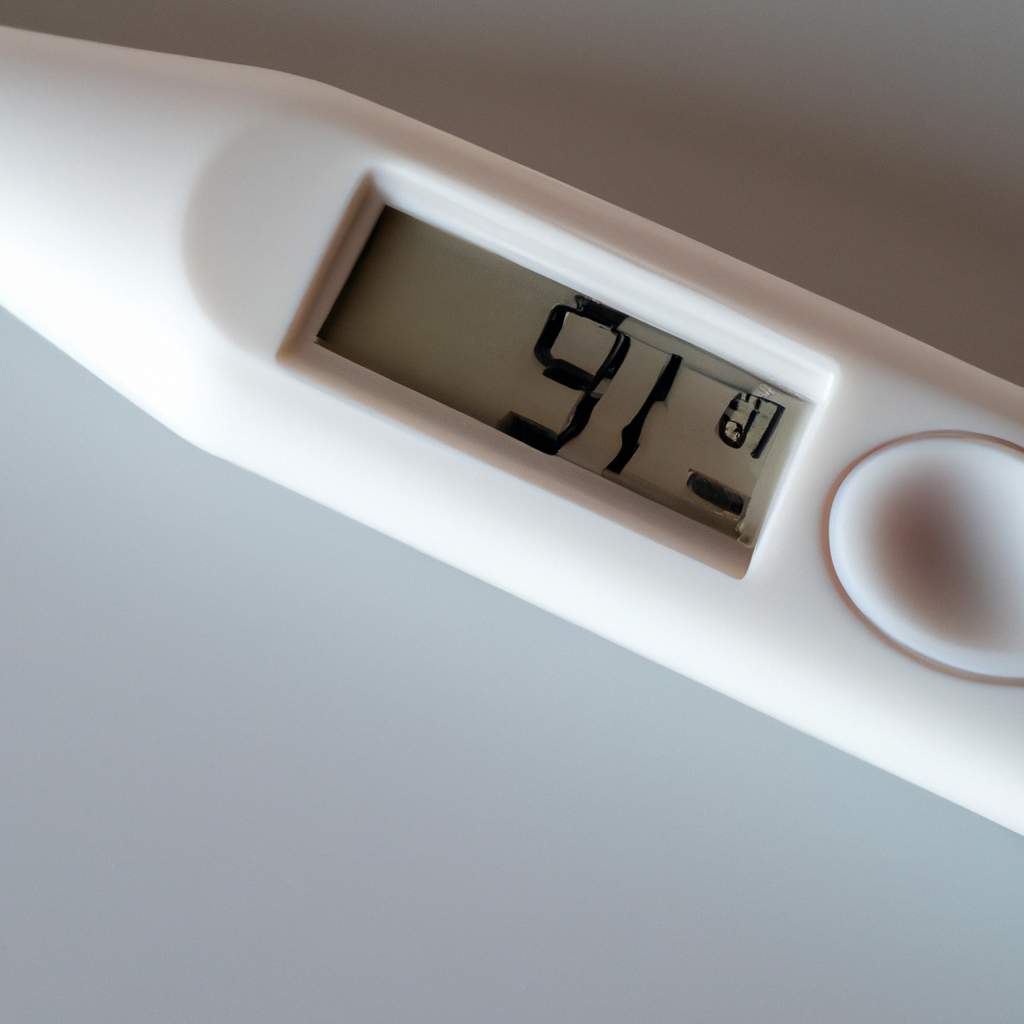What comes to mind when you hear the term "long covid"? Perhaps you've heard about the prolonged symptoms of Covid-19 that persist for more than a month after infection, but what exactly is their impact on patients and how can we define the concept of "long covid"?
What is Long Covid?
The term "Covid Long" is used to describe the prolonged symptoms of Covid-19 that persist beyond 4 weeks after infection. Studies have shown that approximately 10% of individuals infected with the virus experience long-lasting symptoms for several months.
These prolonged symptoms may include fatigue, muscle pain, headaches, sleep disturbances, difficulty breathing, heart palpitations, memory or concentration issues, mood disorders, and gastrointestinal problems.
According to data collected by the World Health Organization (WHO), around 10% of Covid-19 patients suffer from long-term post-Covid syndrome (Covid Long). These symptoms can persist for several months and result in a significant decrease in quality of life.
What are the symptoms of Long Covid?
Prolonged medical symptoms of Covid-19 may include persistent fatigue, dry or productive cough, difficulty breathing, shortness of breath during physical exertion, loss of taste and/or smell, muscle pain, and joint pain. Other symptoms that may also be present are persistent headaches, sleep disturbances, heart palpitations, and gastrointestinal issues.
Chronic fatigue
Persistent fatigue is a common symptom in patients with long Covid. It is characterized by a general feeling of exhaustion and extreme weakness that does not go away even with rest and sleep. This fatigue can be so intense that it hinders patients from carrying out their normal daily activities. Taking care of oneself during the recovery period of long Covid is crucial.
Treating Long Covid: What You Need to Know
Only healthcare professionals are qualified to provide medical advice on managing Covid-19 and its long-term symptoms. A doctor can conduct a physical examination and additional tests to make a diagnosis and determine the appropriate treatment.
It is important for patients to seek medical attention if they experience prolonged symptoms of Covid-19. Patients with long-term Covid-19 may benefit from specific treatment based on their individual situation and needs. The management plan may include medication, physical or psychological therapies, as well as nutritional guidance.
Final thoughts
Patients need to have good health insurance in order to cover the medical expenses associated with Covid-19. The health authorities in each country are responsible for providing public health guidelines related to the Covid-19 pandemic. It is important for patients to follow these guidelines to limit the spread of the disease and protect their own health as well as the health of those around them.









